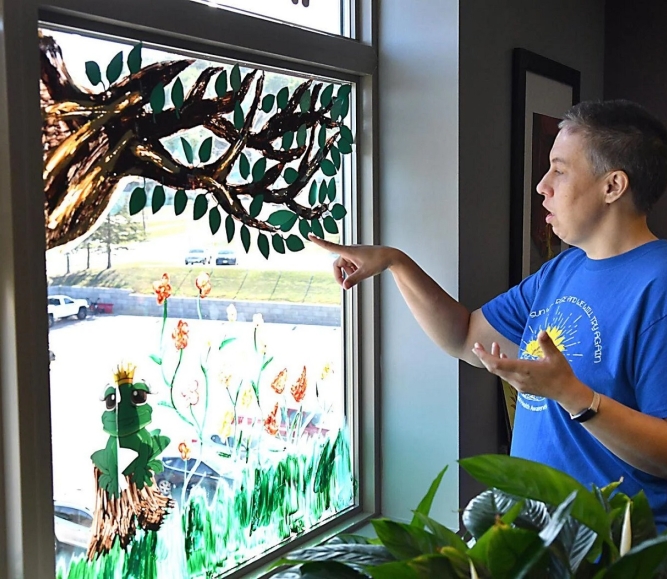House to vote on bill expanding community health centers following Senate passage
Author

Blaire Bryant
Upcoming Events
Related News

Key Takeaways
UPDATEOn September 29, the House passed the MOBILE Health Care Act (H.R. 5141) with a vote of 414-7, before President Biden signed the bill into law on October 17. |
On September 22, the U.S. House Energy and Commerce Committee unanimously passed the bipartisan Maximizing Outcomes through Better Investments in Lifesaving Equipment for (MOBILE) Health Care Act (H.R. 5141), which would expand access to mobile health clinics in rural and underserved communities that may lack permanent health centers. Reps. Susie Lee (D-Nev.), Richard Hudson (R-N.C.), Raul Ruiz (D-Calif.) and Jaime Herrera Beutler (R-Wash.) were original cosponsors of the bill, which was moved to the full committee following a markup from the Subcommittee on Health last week, as well as unanimous approval in the Senate earlier this month.
The MOBILE Health Care Act would expand the allowable uses of funds provided by the New Access Point Health Center Program, to bring comprehensive primary care to underserved communities through mobile health care delivery sites. Specifically, federal funds may be used to construct or renovate buildings, or to set up mobile medical clinics, that qualify for grant funding regardless of association with a permanent, full-time health center site.
The New Access Points Health Center Program (NAP) grants are administered by the Health Resources and Services Administration (HRSA) and designed to expand access to affordable, accessible, quality and cost-effective primary health care services. Currently, eligible grant applicants must propose at least one new full-time, permanent site for the delivery of primary care services. However, with the passage of this bill, grantees will be able to use the funding to acquire, lease, expand or renovate mobile medical equipment or vehicles for primary care service delivery.
Counties spend more than $80 billion annually on community health systems, which include community health centers that provide healthcare services to low-income, under-insured populations. Many small and rural communities do not have the population base to support full-time health centers and therefore do not have consistent access to primary care services, which makes the expanded use of mobile clinics critical to delivering care to rural and vulnerable populations.
H.R. 5141 now moves to the full House for a floor vote. If approved, it will then go to the President’s desk for signature. NACo will continue to monitor and report on the progress of this legislation.
ADDITIONAL RESOURCES
County News
Improving community health, safety through a continuum of care

Related News

U.S. Department of Health and Human Services announces major restructuring
On March 27, the U.S. Department of Health and Human Services (HHS) announced a sweeping reorganization that will consolidate agencies, shift key programs under a new framework and eliminate thousands of positions. This change brings HHS in line with President Trump's Executive Order, “Implementing the President’s ‘Department of Government Efficiency’ Workforce Optimization Initiative.”

U.S. Department of Health and Human Services moves to reduce public comment in rulemaking
On February 28, the U.S. Department of Health and Human Services (HHS) announced a policy change limiting public comment opportunities to only those required by law. Published in the Federal Register on March 3, the decision rescinds the “Richardson Waiver,” a 1971 directive from then-HHS Secretary Elliot Richardson that encouraged broader public input on regulations related to public benefits, grants and healthcare policies.

U.S. Department of Health and Human Services renews Public Health Emergency Declaration to address national opioid crisis
On March 18, the U.S. Department of Health and Human Services (HHS), under the direction of Secretary Robert F. Kennedy, Jr. renewed the public health emergency (PHE) declaration to address the ongoing opioid crisis, extending critical federal support for coordination, treatment expansion and research efforts. While overdose deaths have declined by 25.5 percent over the past year, synthetic opioids like fentanyl continue to drive fatalities, with approximately 150 Americans dying daily from overdoses.